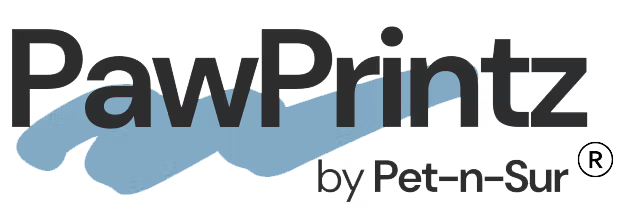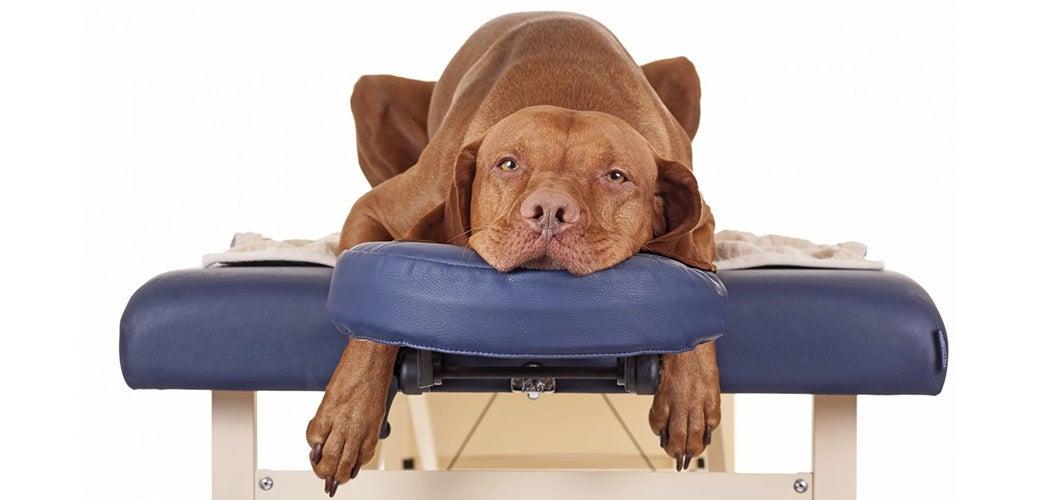
Canine massage

It can be easy to neglect the fitness of our dogs, but consider a fitness and wellness plan for your dog going into the future...
The seasons will soon turn and for the many people who dislike the colder winter months, this is a welcome relief. Many dogs live a more sedentary life during the winter because their owners don’t walk as often, or as far, due to the combined effects of shorter daylight hours and bad weather. Some dogs are equally as reluctant as their owners to run and play outside when the weather is colder!
As the weather improves, however, there are more hours of daylight each day and more outdoor activities on offer. Suddenly, owners and families want to increase their activities and involve their dogs in them. Not surprisingly, it is in the spring that we often see an increase in soft tissue injuries and owners reporting that their dogs are reluctant to walk.
Kathleen Crisley, a canine massage therapist, refers to this as 'weekend warrior syndrome' as your dog can go from a state of decreased physical fitness to a sudden increase in activity.
As we approach the end of winter, now is the time to have a fitness check for your dog. Veterinarians can provide the basics of a robust health check… but what about a fitness and wellness plan going into the future?
That’s where complementary practitioners can help. If your vet recommends some rehabilitation support, such as for a soft tissue injury, you may find that your insurance policy covers some of the costs for it too.
A wellness plan reviews your dog’s physical condition, health history, diet, lifestyle and your plans for the future. It may also address matters such as weight loss or the management of chronic or ongoing pain. As an example, massage, low level laser and acupressure therapies can help your dog remain in top physical condition with support for joints, muscles and tendons. There are also the added benefits of pain relief and the emotional benefits when your dog is feeling better.
Complementary therapies are not a substitute for traditional veterinary care so it’s important you approach complementary therapy support with an open mind and realistic expectations. Matching your dog’s needs to the appropriate therapy is essential to achieve the best results.
Thanks to Kathleen Crisley of The Balanced Dog for contributing this article. The Balanced Dog specialise in dog massage, rehabilitation and nutrition / food therapy and are based in Christchurch, New Zealand.

